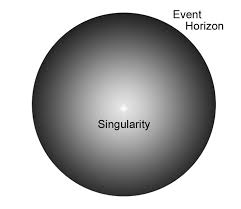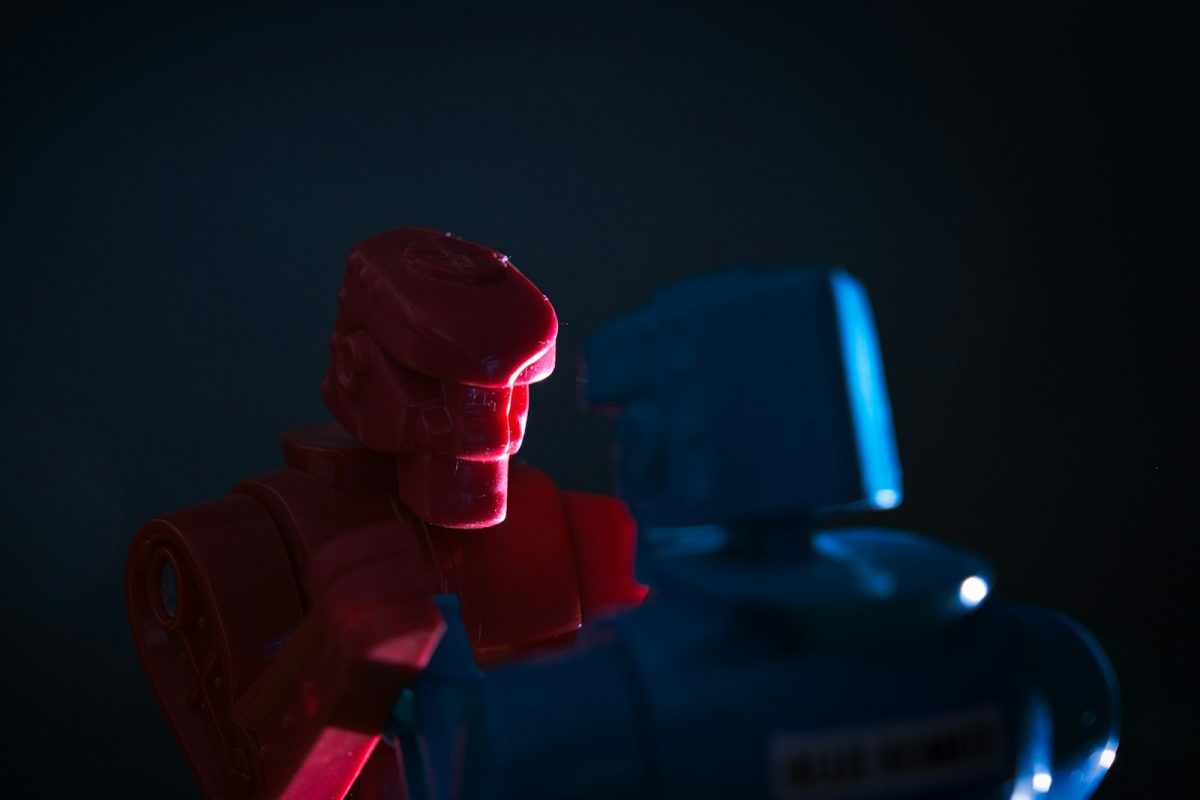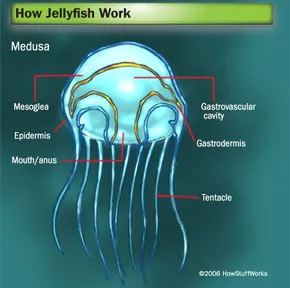Black Holes
Learn about black holes and the scary things they can do.
To understand black holes, you are going to need to know what a star is.
Stars are huge collections of hydrogen and helium. The hydrogen and helium atoms collapse from enormous gas clouds under their own gravity. In the core of the star, the hydrogen and helium atoms are crushed, by nuclear fusion. This releases tons and tons of energy, this energy is radiation. The radiation is what pushes the gravity of the star from crushing itself. So the star needs to have enough radiation to not collapse.
If there is a star with enough mass, then it will create heavier and heavier elements in the core. Until the core becomes iron. Iron does not have any energy to release. So iron will build up in the core of the star until there is no radiation to fight gravity. Then the core will collapse.
Now one of two things will happen, either it becomes a neutron star, or if it was massive enough it will become a black hole.
Black holes will die of hawking radiation, where the black hole is losing particles and becomes an explosion with the power of billions of nuclear bombs.
When you look at a black hole, you’re not really seeing the “hole” part of it, you’re looking at the event horizon.

Past the event horizon, is the singularity (The hole part). This is where we think all of the mass of a black hole is stored. Or it could be something totally different. Right now, no one knows.
Black holes don’t suck things up, like just any vacuum, it’s like the sun it just has mass and pulls things toward it. If our sun suddenly became a black hole, nothing would happen to us, we just wouldn’t have any sun.
Now, what happens when you fall into a black hole? Light can’t escape a black hole because of its mass, black holes have so much mass that it changes light’s path. Because light is how your eyes see, it would look light the universe speeds up as you get closer to the black hole. But from someone else’s view, you would move slower and slower until it looked like you stopped, then you would disappear as you entered the event horizon.
Then two things could happen, you could be crushed into the singularity, or you could be burned by a firewall. Blackholes have so much mass, that once you pass the event horizon, you can only move in one direction. They have so much mass that only a few centimeters closer would mean millions of times more gravity, you would be torn apart until you become a hot plasma. All of your cells and atoms become the same thing.
Or the second, you would pass the event horizon, and be burned instantly. There isn’t much to this one.
How quickly you would die, depends on the amount of mass the black hole has. Smaller black holes will kill you before you even pass the event horizon. But with a supermassive black hole, you could live for some time longer.
This is because the closer you are to the singularity, the sooner you die.
RELATED STORIES:
https://science.nasa.gov/astrophysics/focus-areas/black-holes
https://www.nasa.gov/audience/forstudents/k-4/stories/nasa-knows/what-is-a-black-hole-k4.html
https://www.nationalgeographic.com/science/article/black-holes
https://www.space.com/15421-black-holes-facts-formation-discovery-sdcmp.html
TAKE ACTION:
https://www.space.com/15693-telescopes-beginners-telescope-reviews-buying-guide.html















